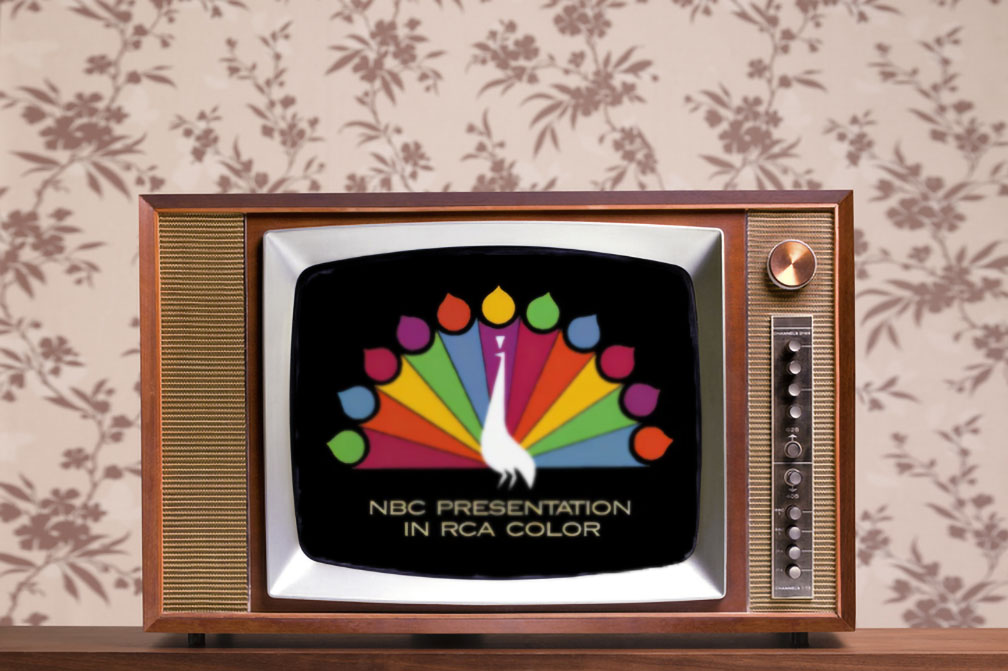These days, it’s unusual to get the United States and Britain to agree with France and Germany on any Middle East-related U.N. resolution.
When Israel also is on board, it’s downright extraordinary.
Israeli officials are elated at the tough language in a resolution passed last week by the board of the U.N. nuclear watchdog rebuking Iran for not cooperating with nuclear inspectors. Last week’s International Atomic Energy Agency (IAEA) resolution "deploring" Iranian stonewalling of IAEA inspectors has far-reaching implications for containment of a radical Islamic regime that successive Israeli administrations have called the greatest threat to the Jewish state.
The resolution, drafted by Britain, France and Germany, expresses special concern about Iran’s refusal to end its uranium-enrichment activities, a condition for European assistance to Iran in developing a peaceful nuclear program.
Adding to U.S. and European frustration was confirmation this year that Iran tried to buy black market magnets necessary for the centrifugal process that enriches uranium.
The single area of disagreement between the United States and the European nations was over a deadline for Iranian compliance. The Europeans kept mention of a deadline out of the resolution, but Mohammed ElBaradei, the IAEA’s director-general, suggested that Iran does not have an endless amount of time to come clean.
"I have been asking, as the board also has been asking, Iran to become proactive, to become transparent and to be fully cooperative, and I hope I’ll see that mode of cooperation in the next few months," ElBaradei said Monday after meeting with U.S. Secretary of State Colin Powell. "I think the international community is urgently seeking assurance from the agency that Iran’s program is exclusively for a peaceful purpose."
The IAEA board is set to meet again in September, and U.S. officials have suggested that it could decide on further action if Iran doesn’t give way.
The resolution was a success for the Bush administration, which has been urging greater scrutiny of Iran. A number of congressional initiatives also are under way.
Getting on board the same wealthy Western European states that Iran hopes will sustain its faltering economy means that the Islamic republic is spending time fighting diplomatic battles that divert its attention from backing terrorist operations against Israel.
Not that Ariel Sharon’s government wants to make a lot of noise about the IAEA resolution — a high Israeli profile in any rebuke of Iran could galvanize Arab support for a regime that most Arab leaders revile — but much of Israel’s defensive activity is taken with Iran in mind.
Israel is spending hundreds of millions of dollars to expand its Arrow missile defense program to cover the entire country by the end of the decade, primarily because of Iranian missiles that are capable of delivering nonconventional materials to the Jewish state.
Israel long has taken such long-term threats into account in dealing with Iran. In recent years, however, Iran’s influence has seeped into even the day-to-day threats Israel faces.
Hamas and Islamic Jihad have looked to Iran for greater support now that their traditional sources of funding in Saudi Arabia and elsewhere have dried up because of tough scrutiny of terrorist financing and an increased willingness, after Sept. 11, to avoid groups the U.S. government deems as terrorists.
Israeli intelligence believes Hezbollah, a Lebanese terrorist militia that gets strong Iranian support, now is behind up to 80 percent of terrorist activities against Israel, and is particularly active in recruiting Israeli Arab citizens — a development Israeli officials consider especially troubling.
Of course, not all the impetus for the tough language has to do with the threat Iran poses to Israel.
Bush administration officials increasingly are frustrated with the support Iran has given to Shi’ite Muslim insurgents in U.S.-occupied Iraq, and working for a nuclear-free Middle East long has been part of European strategy.
Still, it’s significant that Iran’s nuclear potential is seen as posing a greater threat than Israel’s, and that this realization is penetrating even international forums, which traditionally are bastions of moral equivalence.
Hans Blix, the former top U.N. arms inspector, suggested that Israel’s reported nuclear arsenal could prove to be an important element in the effort to get the Iranians to back down.
"Looking at the rationales and incentives at work, it must be assumed that Tehran is aware not only that Israel has nuclear weapons and that a sovereign Iraq would inherit the know-how to make them, but also that Iranian enrichment, even if it were to remain consistent with the Non-Proliferation Treaty, would further exacerbate the situation," Blix said Monday at a Carnegie Endowment conference he attended with ElBaradei, his old friend.
For the moment, Iran is hardly acting conciliatory.
Learning of the draft resolution last week, Iranian President Mohammed Khatami warned that "if Europe has no commitment toward Iran, then Iran will not have a commitment toward Europe."
Iran appeared to back up the threat Monday when it seized three British naval vessels and eight crewmen who were in the area to help train Iraqi police.
Given the toughness of the IAEA resolution, such grandstanding is unlikely to have much impact. The United States is maintaining its pressure, as President Bush heads to NATO meetings in Europe this weekend, where he is likely to make containment of Iran a priority, backed by a letter signed by 66 senators and 208 House members.
The message from the West is clear, Powell said Monday.
"With respect to Iran," he said, "they have been put on notice once again rather firmly and strongly in this new resolution that the international community is expecting them to answer its questions and to respond fully."






















